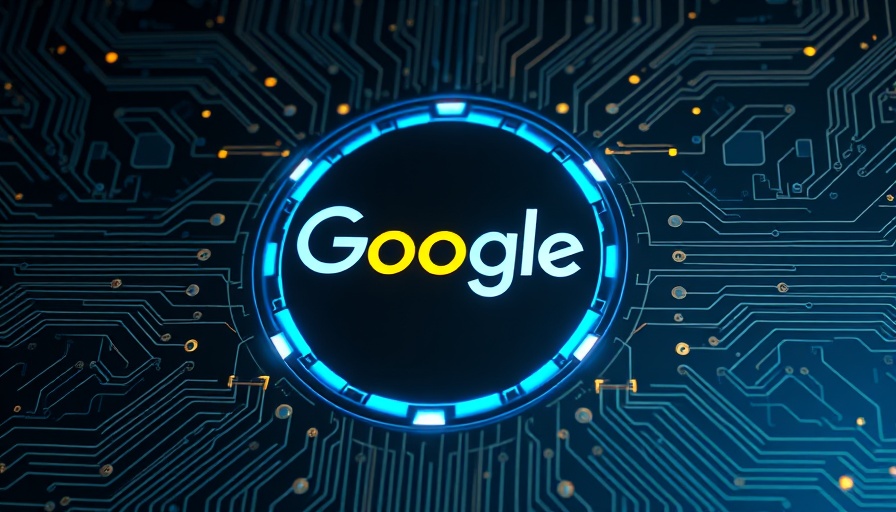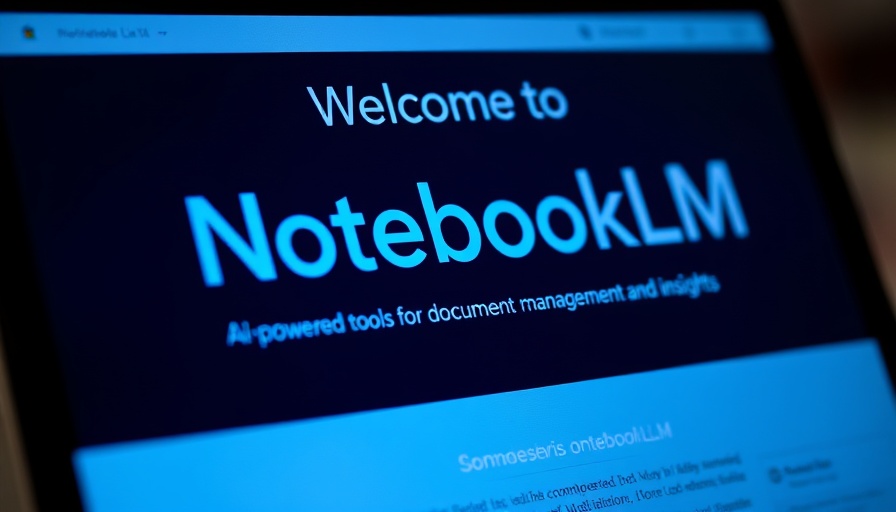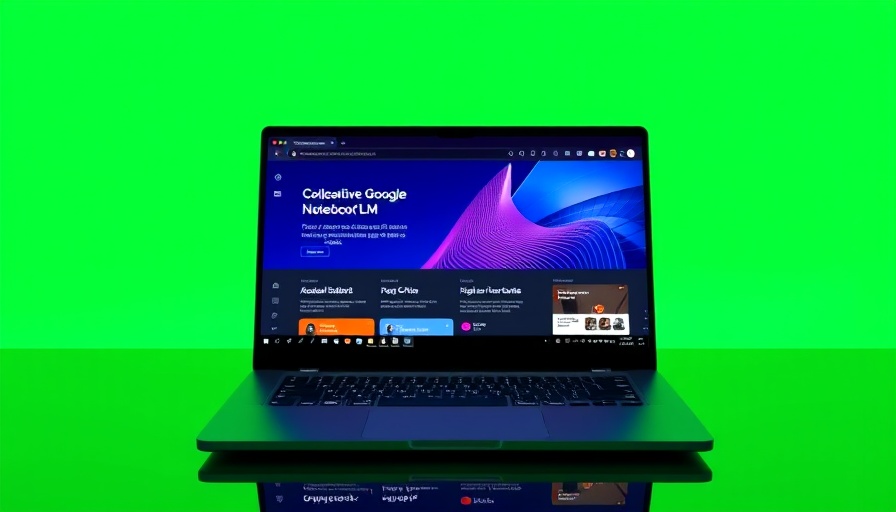
Google's Bold Move: AI for Young Learners
Google's recent announcement about the rollout of its Gemini AI tool to children under 13 marks a significant development in the intersection of technology and childhood education. As AI continues to evolve, offering educational assistance to the younger demographic presents both opportunities and challenges. This initiative falls within an increasing trend among tech companies working to attract younger users in a competitive landscape.
Parental Controls and Safety Measures
The cornerstone of this plan is the implementation of parental controls through Google’s Family Link, which allows parents to manage their children’s app usage effectively. This ensures that when children interact with Gemini, their safety is prioritized. According to Google's communications, parents must enable this feature for their children to access the tool, reflecting an understanding of the risks associated with AI technologies.
Google’s existing commitment to child safety is promising. The company has previously set barriers against inappropriate content and implemented a double-check mechanism to verify factual queries before providing responses. Such features are crucial, especially for younger audiences who may not differentiate between reliable information and misinformation.
Teaching Critical Thinking
As any educator can attest, the goal of using tools like Gemini should not only be to get homework help but also to foster critical thinking. Google advocates for parents to guide their children in evaluating the accuracy of AI responses. In an age where information is abundant but not always reliable, instilling a sense of inquiry in children will help them navigate their digital journeys more successfully. Google’s reminder that “Gemini can make mistakes” serves as a crucial caution for parents, urging them to cultivate critical thinking in their children.
The Challenges of AI Content Moderation
One of the most pressing concerns with opening AI tools to children is the risk of exposure to inappropriate content. Even with automated filtering, there remains a possibility that children might encounter material that goes against their parents’ wishes. The concerns around AI’s ability to adequately screen content are valid and should not be overlooked. Ensuring that Gemini is free from harmful content is paramount, and parents need to remain vigilant in supervising their child’s engagement with the tool.
The Future of AI in Education
This initiative by Google raises broader questions about the role of AI in education. With AI tools becoming integrated into learning environments, schools and families will need to work together closely to define best practices. As AI continues to develop, it's crucial to understand not only its benefits but also its limitations.
In the long term, how effective will tools like Gemini be in enhancing learning outcomes or promoting creativity? Will they effectively engage young minds in line with educational standards? Only time will tell, but as tech companies invest in the next generation of learners, open discussions regarding implementation, safety, and ethical usage will be essential.
Your Child’s Journey with AI
If you are a parent contemplating the implications of your child utilizing Gemini, consider this: Engage with your child about their interactions with the AI. Ask questions about the answers they receive. Foster discussions that enhance their understanding and analytical skills.
The advent of AI tools like Gemini signifies a significant milestone in educational technology that could shape how the next generation learns and interacts with information. As we embrace these changes, let's cultivate an informed, cautious outlook towards integrating AI into our children's learning experiences.
 Add Row
Add Row  Add
Add 




 Add Row
Add Row  Add
Add 

Write A Comment